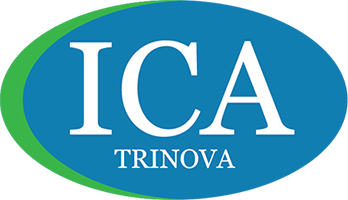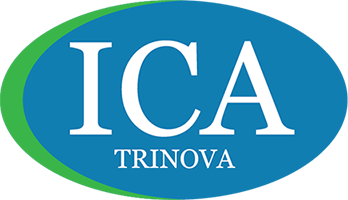1 Beavers St.
Newnan, GA 30263
Cl02 Effects on Pepper Plants
Recycled irrigation water is easily contaminated with plant pathogens and algae, therefore water must be sanitized prior to recirculation. Chlorine dioxide (ClO2), a common disinfectant used to treat municipal water and postharvest dump tanks, has been proposed as a disinfectant for recirculated irrigation systems. Little prior research has been performed to determine if this chemical is appropriate to use in irrigation on greenhouse specialty crops. The objective of this study was to determine the effects of ClO2 on the vigor of bell pepper plants at different concentrations (0, 10 20, and 40 ppm) and in two different soilless medias (perlite and pine bark). Plants were transplanted in the University of Florida Protected Agriculture Project greenhouse on 5-Nov.
Cl02 Irrigation Water Treatments
- Contaminated open surface irrigation water has contributed to produce outbreaks (Ackers et al., 1998; Barton et al., 2011), and growers must take steps to minimize the risk of crop contamination with agricultural water.
- The currently proposed Standards for the Growing, Harvesting, Packing and Holding of Produce for Human Consumption (Proposed Produce Rule) associated with the Food Safety Modernization Act states that “all agricultural water must be safe and of adequate sanitary quality for its intended use” and that agricultural water “used during growing activities for covered produce…using a direct water application method you must test the quality of the water …if you find that there is more than 235 CFU/MPN generic E. coli per 100 ml for any single sample or a rolling geometric mean (n=5) of more than 126 CFU/MPN per 100 ml of water, you must immediately discontinue use of that source of agricultural water and/or its distribution system“ (FDA, 2013).
- Chlorine dioxide is an antimicrobial with 2.5 times the oxidizing potential compared to chlorine gas (Suslow, 2000), however it is primarily used in post-harvest treatment of fruits and vegetables.

